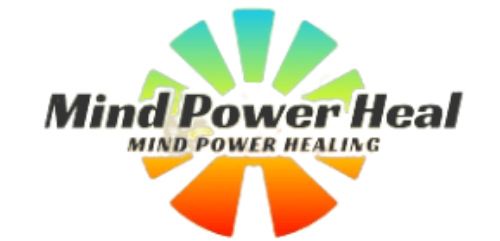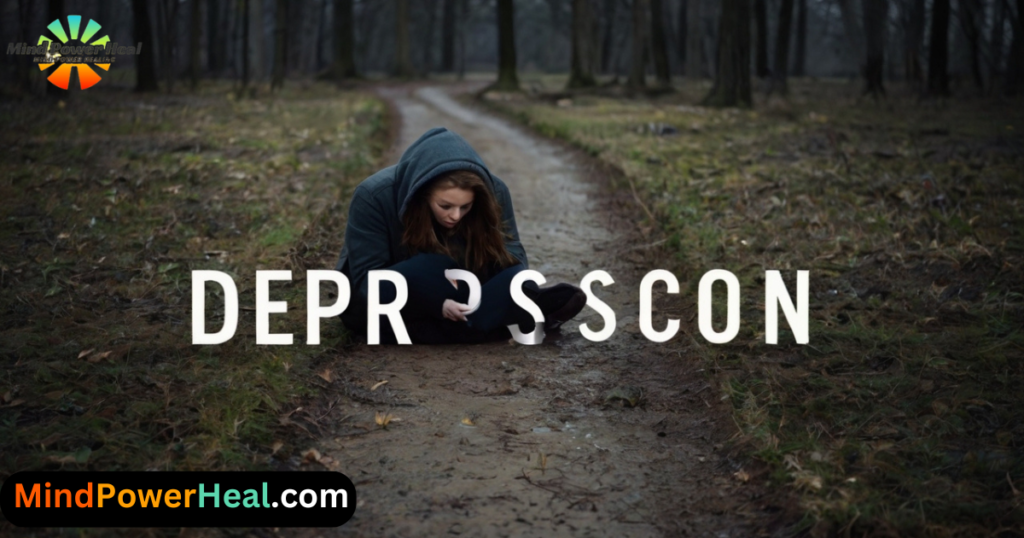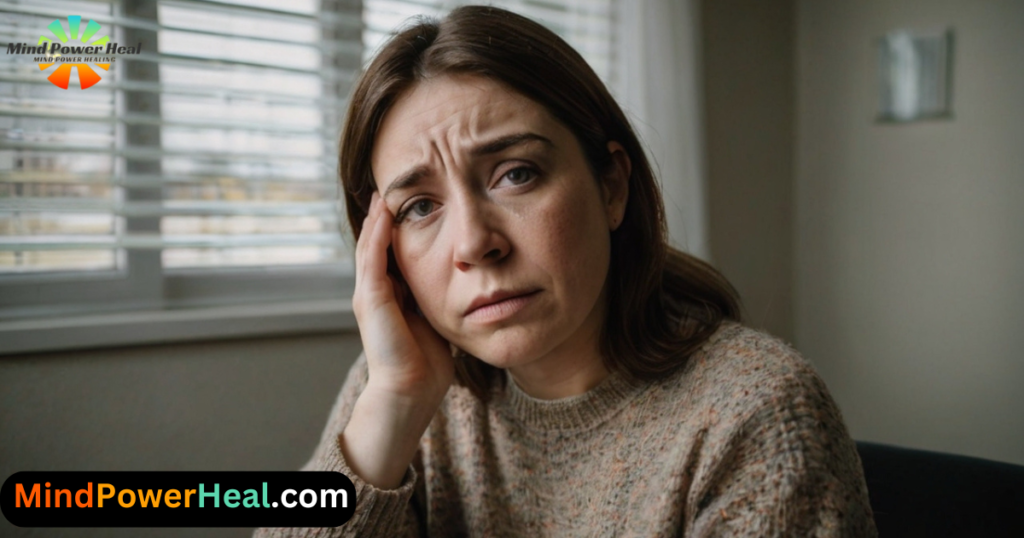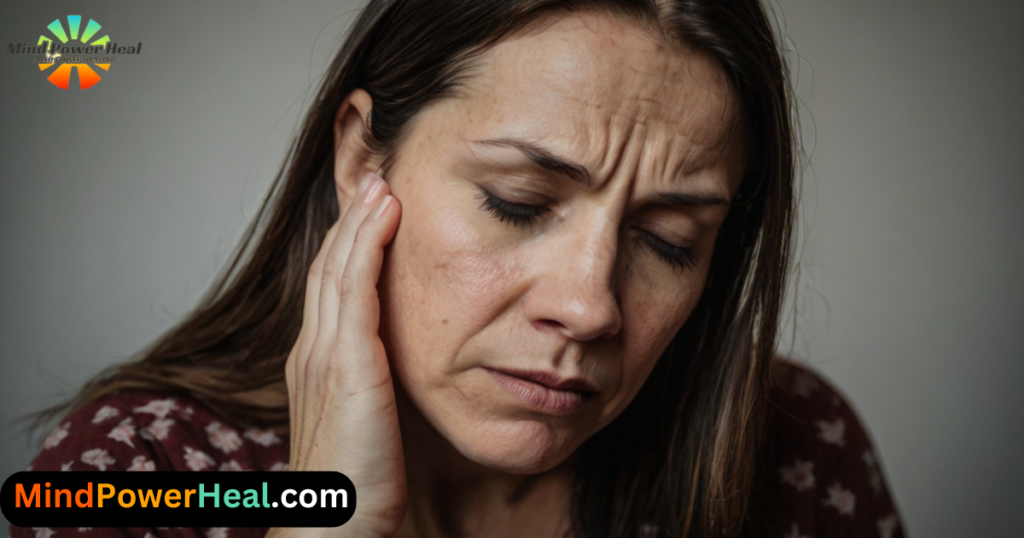Understanding depression symptoms is crucial for identifying and managing this mental health condition effectively. Depression is a complex disorder with a variety of symptoms that can significantly impact an individual’s daily life. By using depression symptoms acronym acronym to remember these symptoms, we can simplify the process of recognizing and addressing them. In this article, we will explore the depression symptoms acronym in detail, provide relevant examples, and compare mind power healing with medication as treatment options.
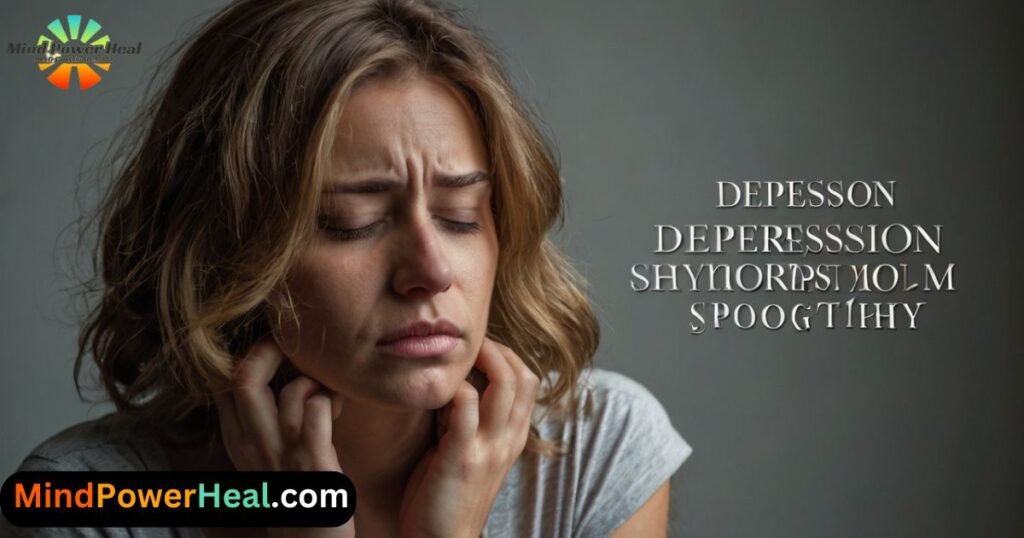
Depression Symptoms Acronym: SIGECAPS
The depression symptoms acronym SIGECAPS is commonly used to remember the core symptoms of depression. Each letter stands for a different symptom:
- S: Sleep disturbances
- I: Interest (loss of interest or pleasure)
- G: Guilt (feelings of worthlessness or excessive guilt)
- E: Energy (loss of energy or fatigue)
- C: Concentration (difficulty concentrating)
- A: Appetite changes (increase or decrease in appetite)
- P: Psychomotor agitation or retardation (restlessness or slowed movements)
- S: Suicidal thoughts
S: Sleep Disturbances
- Insomnia: Difficulty falling asleep, staying asleep, or waking up too early.
- Hypersomnia: Excessive sleeping, often feeling unrefreshed despite long hours of sleep.
Example: John finds himself lying awake for hours each night, unable to fall asleep, and feels exhausted during the day despite staying in bed for long periods.
I: Interest (Loss of Interest or Pleasure)
- Anhedonia: Lack of interest in activities once enjoyed, such as hobbies, socializing, or work.
Example: Maria used to love painting, but now she feels indifferent towards it and hasn’t picked up a brush in months.
G: Guilt (Feelings of Worthlessness or Excessive Guilt)
- Self-blame: Persistent feelings of guilt or worthlessness, often about past events or perceived failures.
Example: Ahmed constantly berates himself for minor mistakes at work, feeling that he is a failure and a burden to his colleagues.
E: Energy (Loss of Energy or Fatigue)
- Fatigue: Persistent tiredness that is not relieved by rest or sleep.
Example: Sarah feels exhausted all the time, struggling to find the energy to complete even simple daily tasks like cooking or cleaning.
C: Concentration (Difficulty Concentrating)
- Impaired focus: Difficulty concentrating, making decisions, or remembering details.
Example: David finds it hard to focus on his work projects and often forgets important deadlines and meetings.
A: Appetite Changes (Increase or Decrease in Appetite)
- Weight changes: Significant weight loss or gain unrelated to dieting.
Example: Emily has lost a considerable amount of weight because she has lost her appetite and rarely feels hungry.
P: Psychomotor Agitation or Retardation (Restlessness or Slowed Movements)
- Agitation: Restlessness, fidgeting, or pacing.
- Retardation: Slowed speech, thinking, and body movements.
Example: Mark either feels constantly on edge, pacing around his house, or finds it difficult to move and speak at his usual pace.
S: Suicidal Thoughts
- Suicidal ideation: Thoughts of death, dying, or suicide, including plans or attempts.
Example: Lisa often finds herself thinking about ending her life and has even made a plan on how she would do it.

Comparison Table: Mind Power Healing vs. Medications for Depression
| Aspect | Mind Power Healing | Medications |
|---|---|---|
| Definition | Techniques that harness the mind’s power for healing, such as mindfulness, meditation, and cognitive behavioral therapy (CBT). | Pharmacological treatments, including antidepressants such as SSRIs, SNRIs, and tricyclics. |
| Approach | Holistic, focusing on mental, emotional, and spiritual well-being. | Biological, targeting neurotransmitter imbalances in the brain. |
| Side Effects | Generally low to none, depending on the specific practice. | Potential for various side effects, including nausea, weight gain, sexual dysfunction, and more. |
| Accessibility | Can be practiced at home or with a therapist, often requiring no prescription. | Requires a prescription and ongoing medical supervision. |
| Cost | Often low-cost or free, though therapy sessions may incur expenses. | Costs can vary; some medications are expensive and may not be fully covered by insurance. |
| Time to Effect | Can take time to see results, depending on the individual and consistency of practice. | Medications can take several weeks to show effects, but results may be more predictable. |
| Sustainability | Promotes long-term mental health and coping strategies. | Often requires long-term use to maintain benefits, with potential dependency issues. |
Conclusion
Understanding depression symptoms acronym SIGECAPS can help in recognizing and addressing this complex condition. Both mind power healing and medications offer valuable treatment options, each with its advantages and drawbacks. While medications can provide quicker relief, mind power healing promotes sustainable, long-term mental health without the risk of side effects. Choosing the right approach depends on individual needs and circumstances, often benefiting from a combination of both methods. Prefer Mind Power healing on depression symptoms acronym.
Google Suggested Questions and Answers
What are the main symptoms of depression?
The main symptoms of depression can be remembered using the acronym SIGECAPS: Sleep disturbances, loss of Interest or pleasure, feelings of Guilt or worthlessness, loss of Energy, difficulty Concentrating, changes in Appetite, Psychomotor agitation or retardation, and Suicidal thoughts.

How can I identify if I am depressed?
You can identify depression by noting persistent symptoms such as feeling sad or empty, losing interest in activities you once enjoyed, experiencing changes in appetite or sleep patterns, feeling fatigued, having trouble concentrating, and experiencing feelings of worthlessness or thoughts of suicide. It is important to consult a healthcare professional for an accurate diagnosis.
What is mind power healing for depression?
Mind power healing involves techniques that use the mind’s potential to heal and improve mental health. This includes practices such as mindfulness, meditation, cognitive behavioral therapy (CBT), and other holistic approaches that focus on mental, emotional, and spiritual well-being.
Are there any side effects of antidepressants?
Yes, antidepressants can have side effects, which may include nausea, weight gain, sexual dysfunction, dry mouth, blurred vision, constipation, dizziness, and more. The specific side effects depend on the type of antidepressant and the individual taking it.
How long does it take for mind power healing to work?
The time it takes for mind power healing to work can vary widely among individuals. Some may experience benefits within a few weeks, while for others, it may take several months of consistent practice. The effectiveness depends on the individual’s commitment and the specific techniques used.
